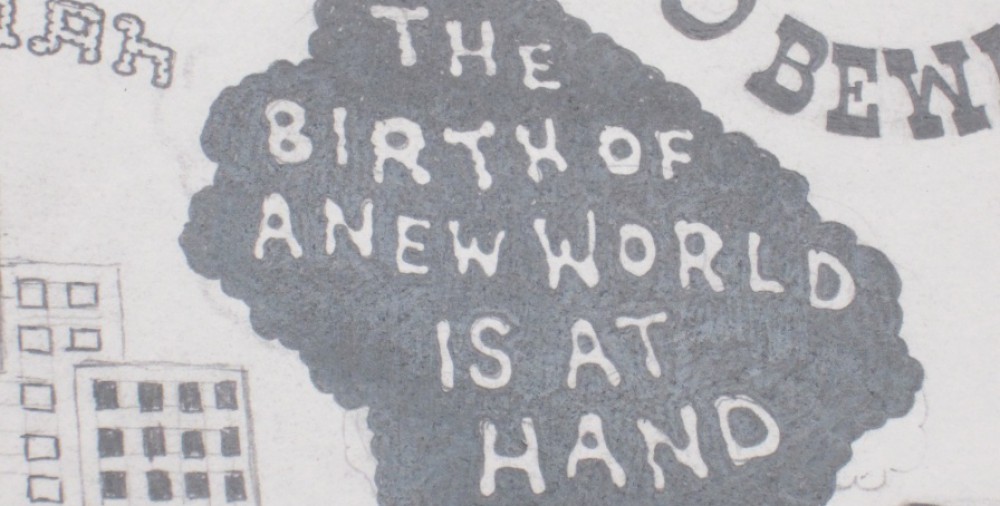When I started reading Brave New World, I became interested very soon after. The story started out with descriptive imagery about the facility that the embryos of humans were being fertilized in. The fact that over 70 different people could come from one embryo was amazing to me. The caste system is already determined from this stage and depending on what class you’re in, your place in society is also predetermined. You could be at the bottom, or you could be at the top.
Everyone is taught at a young age to dislike any other caste than their own, through methods that include one called Elementary Class Consciousness, where a voice repeats statements while the person is sleeping. “They’ll have that repeated forty or fifty times before they wake” (21). This shows how hatred for the other classes is essential for this form of society. It is mentioned more than once how this allows for the stability of society, as everyone has to be content with their own caste to allow for them to be happy, no matter how low they are in the system. I see this as a way of controlling everybody, as no one will feel the need to search for something more than they were given because of the training they were given from the moment they were just an embryo.
Consumption seems to be very important for everyone living here as well. As long as a human is consuming a resource given, it is seen as good, while anything that doesn’t include consumption is seen as pointless and wrong. “…to abolish the love of nature, but not the tendency to consume transport…find an economically sounder reason for consuming transport than a mere affection for primroses and landscapes”(17). The love of nature and affection for flowers isn’t encouraged. It is seen as gratuitous and as something that does nothing for society as a whole. Therefore, it was gotten rid of, but not the consumption of transport.
What interested me the most was how different the words ‘father’ and ‘mother’ were seen in their society compared to ours. The word ‘parents’ is met with distaste. Since children aren’t born the same way, the concept of having a mother and a father is foreign and alien to everyone. To be born in their way is called ‘decanted’, so the method of which we are born is something they can never understand.
In chapter 4, the children going through the facility are amazed when they are taught the history of their world. Their history sounds to be what our society is now, and I found it interesting, how the concepts of parents and sexual maturity were seen in a completely different way than how we view them. To them, children participating in sexual acts is nothing, it is even encouraged. When they began to learn the history of how it was discouraged, all of them laughed loudly, as if it was the most ridiculous thing they ever heard. I feel that Brave New World is an interesting book, and I wonder how the characters will be developed further.



